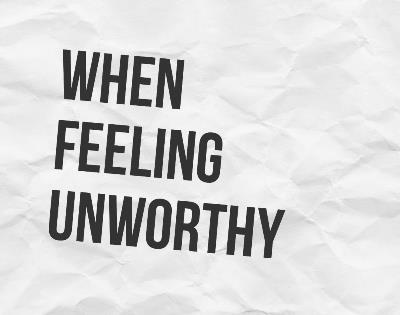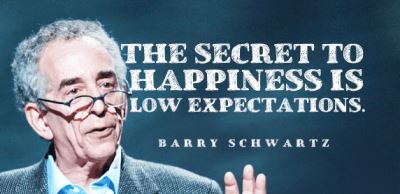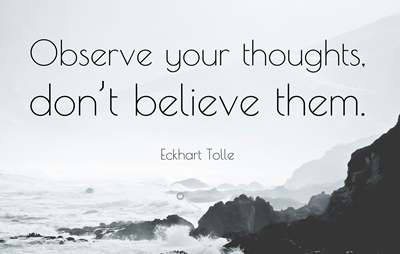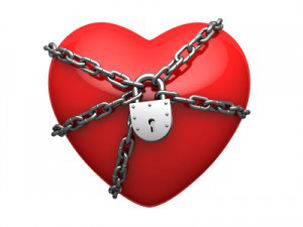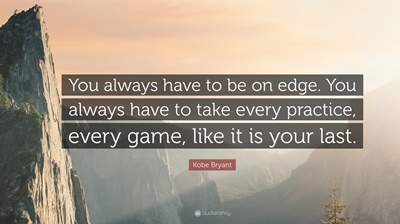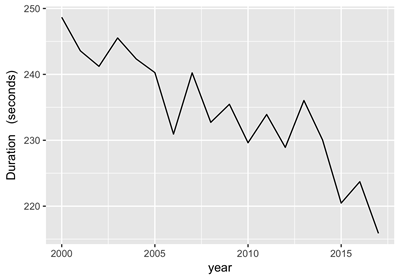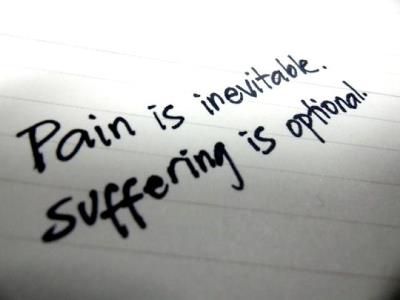In this excellent Quartz obsession piece ‘Avatars‘, the issue of the increasing usage of multiple avatars for ourselves in the cyberworld is explored at length. This is something we had identified early (think about how many email addresses you possess!) but it has now spread to full contextual persona and avatars.

“People love to see themselves rendered in many forms. Tech companies know this, and they’re not afraid to invest millions of dollars in the hope that this strange quirk of human narcissism can translate into serious cash.” Specific functionalities, and even start-ups, are created around this: proposing the best avatar options, allowing full personalization and allow us to explore various aspects of our personalities.
And it would seem that the rhythm of avatar creation is rather accelerating rather than slowing down, as well as the associated business value, showing that it really corresponds to a need profoundly linked with our identity.
I feel this trend is rather enriching, allowing people to test other parts of themselves in possibly a semi-social online context. In any case I can’t wait to read psychological research associated with this trend!

